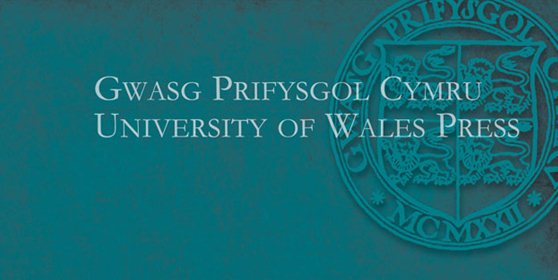- An article, written for the Western Mail, about the rapid changes in digital technologies, and the decisions and processes involved in digitising the Press’ vast back catalogue of books.
The rapid changes in digital technologies have brought as many opportunities as challenges for publishers, and the University of Wales Press is no exception. For some time now we simultaneously publish print and ebooks for most of our new titles, but there is still a vast back catalogue of books that are currently unavailable in a digital format which is hardly surprising given that we have been in the business of publishing books since 1922.
When deciding what to digitise from our backlist, we consider a number of factors, but market demand naturally ranks very highly. We therefore welcomed feedback from the Coleg Cymraeg Cenedlaethol, who in consultation with lecturers teaching a variety of subjects at University level through the medium of Welsh, provided a list of books for digitisation. These books were originally published by the Press but are now either out of stock, or difficult to obtain; they also had never been available digitally, yet were still deemed essential or important reading on numerous courses. As Welsh language books are central to our mission, it wasn’t difficult to decide to breathe new life into over fifty books by digitising them. Very soon they will be available for use on tablets, computers or via libraries. We are delighted that we are able to make a positive and tangible contribution to the Coleg’s overall work and with that in mind, these ebooks will be affordably priced at under £10.
Whilst not inherently complicated, digitising books is not simply a matter of running text through a computer programme, or at least not when quality and standards are a central concern. Most of the books on the Coleg’s list only ever existed in printed format; which means that to convert them into e books they may have to be retyped, which in turn means that they would have to be proofread to deal with the inevitable human errors that can occur when re-typing. Another issue can be the particular character sets of the medieval Welsh which can wreak havoc in some systems used for digitisation. Given that correct spelling and language should be at the very heart of any academic publication, great care needs to be taken to deliver any digital edition to ensure that it will be as much credit to the Press as its original printed edition.
It is of course true that many students still prefer printed books, but the market demand may not be such to justify an new print run, and this is where digital technology steps in to ensure that the book is still available. Luckily today ‘print on demand’ offers a ready solution and we are planning to offer that option alongside the newly digitised editions. ‘Print on Demand’ gives readers the flexibility to purchase their preferred format whilst it allows the publisher not to tie up precious resources in large or slow moving print runs. All our titles are available in a number of bookshops and online retailers, including our own website www.uwp.co.uk
Helgard Krause Director of the University of Wales Press
This article was published in the Western Mail on Thursday the 26th of March 2015


